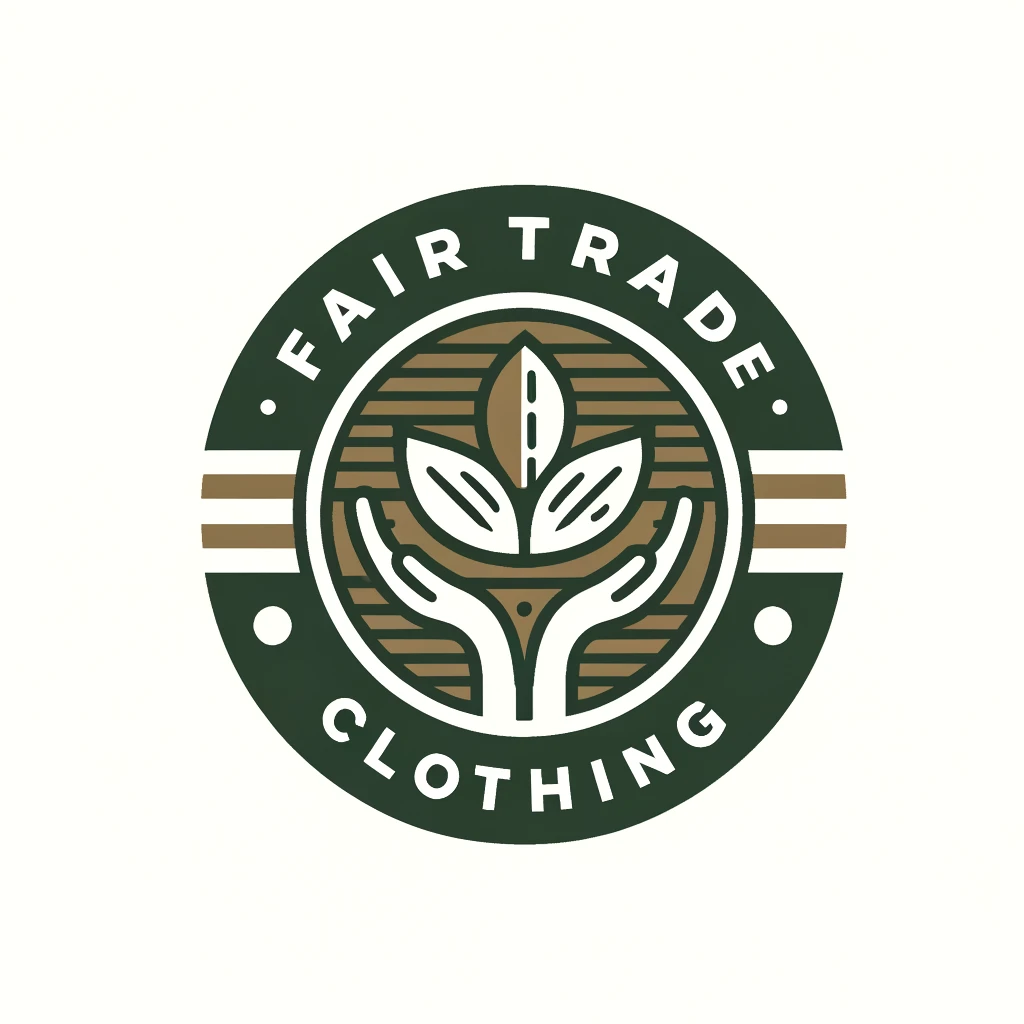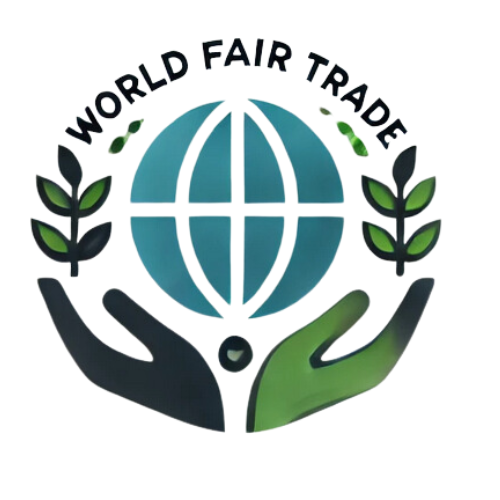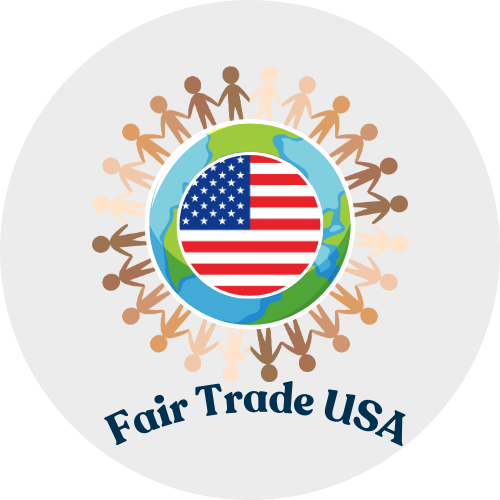What Is Fair Trade Clothing? A Guide to Ethical Fashion. (10 essential Principles)
By sumit chakravarti 13 November, 2024

Clothing that is referred to as fair trade plays a significant role in the overall movement seeking social justice and eco-friendly wearing. With the increasing awareness on the consequences of consumer decisions, fair wear has emerged as a sustainable alternative aimed at ensuring fair treatment of employees, providing healthy and safe work environments, and protecting the nature. In this article, fair trade clothing will be explained in depth including its regulations and the 10 principles of fair trade movements.
What is Fair Trade Clothing?
Fair trade apparel is the type of clothing made under guidelines that focus on among other things fair pay, human labor, safe work practices, and low levels of pollution. This practice is contrary to the mainstream fashion business where making profits is prioritized over moral issues such as paying workers fairly, providing safe working conditions, and avoiding child labor and environmental degradation. Fairtrade brands assure to implement these principles in each and every step of their operations.
Why Choose Fair Trade Clothing?
Opting for fair trade fashion means making a choice that values human and environmental dignity. . Fair trade buys will not only help alleviate the exploitation of the fashion industry and encourage social justice, but will also assist in environmental conservation. Ever since the fair trade movement was established, its guidelines have considered the fair trade label as one of the indicators of quality and ethical practices in that particular trade.
Major Fair Trade Certifying Organizations

Fair Trade INTERNATIONAL
Focuses on wages, fair treatment, and environmental standards in global production.

World Fair Trade Organization (WFTO)
Emphasizes transparency, accountability, and fair trading practices for artisans and suppliers.

Fair Trade USA
Known for strict audits and rigorous certification standards in fashion and other industries.
How is Fair Trade Clothing Regulated?
The World Fair Trade Organization (WFTO) specifies 10 principles that characterize fair trade and provide brands with guidance on ethical and sustainable production. These principles are a guideline for fair trade assented cloths brand to observe.

1. Providing Economically Disadvantaged Producers with Opportunities
An priority of buying fair trade clothes, is helping those who are disenfranchised. Most often fair trade dresses, or rather brands, partner with artisans, small cooperatives and family run businesses, other associations from poor economies. Such communities are assisted to better their conditions and even attain self reliance by provision of good incomes that are also sustainable.
Why This Principle Matters ?
Fair trade creates more equitable economies by giving disadvantaged workers fair compensation, stable income, and economic security, helping to break cycles of poverty.
2. Accountability and Transparency
Transparency and accountability are given top priority by fair trade brands across their supplier networks. They let customers make educated decisions by being transparent about their labor, price, and sourcing policies. Customers and brands gain trust as a result of this transparency, which also holds businesses responsible for maintaining fair trade principles.
Key Elements of Transparency
- Unambiguous information on wages, prices, and sourcing.
- Frequent third-party evaluations and audits.
- Free exchange of information between buyers and producers
Transparency and accountability are given top priority by fair trade brands across their supplier networks. They let customers make educated decisions by being transparent about their labor, price, and sourcing policies. Customers and brands gain trust as a result of this transparency, which also holds businesses responsible for maintaining fair trade principles.
3. Equitable Business Practices
The principles of fair trade aim at facilitating ethical interactions between brands, suppliers, and employees. Fair trade organizations adhere to principles of fair pay, honor their agreements and contracts, and refrain from any and all abusive actions and behaviors. They support the development of healthy and stable relationships with suppliers in order to provide security and firm base for all players across the production chain.
Examples of Fair Trading Practices
- Respectful communication with suppliers and workers
- Fair and timely payments
- Commitment to long-term supplier relationships
4. Equitable Compensation
Equitable remuneration is one of the basic principles of the fair trade ethnics. Fair trade clothing companies aim at paying a living wage which meets the basic requirements such as food, shelter, and health care. This is particularly important in places where these minimum wages tend to be very low for decent living standards.
5. Ensuring No Child Labor and Forced Labor
Child labor and forced labor are expressly forbidden as per fair trade standards. Fair trade clothing brands also have an obligation to prove that their production processes do not employ any child workers or use forced labor, and there are regular checks to ensure this compliance.
How This Principle is Enforced.
In carrying out site visits and audits, the Fair Trade Organizations envisages that there is no child labor, and this creates an environment that is safe for adults and encourages their productivity.
6. Commitment to Non-Discrimination, Gender Equity, and Women’s Economic Empowerment
Clothing that is made for fair trade is designed to persuade inclusion and equality as well as enhance people’s self-worth. All fair trade businesses have policies that disallow discrimination on the basis of sex, race, religion, or age, thus ensuring that everyone has an equal and fair working environment. A lot of the fair trade brands are also women focused and tend to provide more than fair wages as well as reserving leadership roles to women.
7. Providing Comfortable Working Environments
Health and safety regulations are one of the workplace standards to be adhered to in fair trade certification. This entails proper ventilation, sanitation, provision for emergencies, and access to healthcare. By ensuring a safe and healthy working sphere, the fair trade companies safeguard the rights and health of their workers.or age, thus ensuring that everyone has an equal and fair working environment. A lot of the fair trade brands are also women focused and tend to provide more than fair wages as well as reserving leadership roles to women.
8. Building Capacity
Fair trade pays fair wages but also promotes the unbridled growth of all labor and producers for a viable self sustaining economy. Such fair trade entities devote resources to educating, training, and provision of equipment to the workers to enhance their production methods and efficiency as well as for their future sustainability.
9. Raising Awareness of Fair Trade
Companies that practice fair trade are advised to use their influence to inform their clients, associate partners, and the societies in which they operate on matters concerning fair trade. This involves informing them about the benefits of fair pay, decent working conditions, and environmental friendly practices in the fashion business. As such, these brands contribute to the expansion of the movement and the provision of goods appealing to consumers who care on ethics in the production of such goods.
10. Environmental Respect
These garments are also produced with the aim of promoting environmental sustainability. Fair Trade Organizations utilize environmentally friendly solutions, for instance, organic or recycled raw materials, waste minimization, water preservation, reduced carbon footprints, and so on. This approach to environmental conservation guarantees that fair trade apparel is also as gentle with the environment as it is with the workers who manufacture it.
Why Fair Trade Clothing Matters ?
Why Fair Trade Clothing Matters ?
What is a trade fair in fashion?
Trade shows are unmatched venues for exhibiting fashion, clothing, and textile innovation. ● Designers, producers, and brands present their most recent designs, establishing industry standards.
What is fair clothing?
Clothing made in accordance with ethical trading norms is known as fair trade clothing. Within the free market capitalist system that governs international trade, generally referred to as “free trade,” the “survival of the fittest” principle is paramount.
What do you mean by fair trade?
Fair Trade is a trading relationship that aims to increase equity in global trade and is founded on communication, openness, and respect.
Does H&M have fair trade?
Working circumstances. In our supply chain, we are dedicated to establishing equitable and just working conditions. Our goal is to guarantee the empowerment and well-being of every employee through targeted partnerships and tactics.
